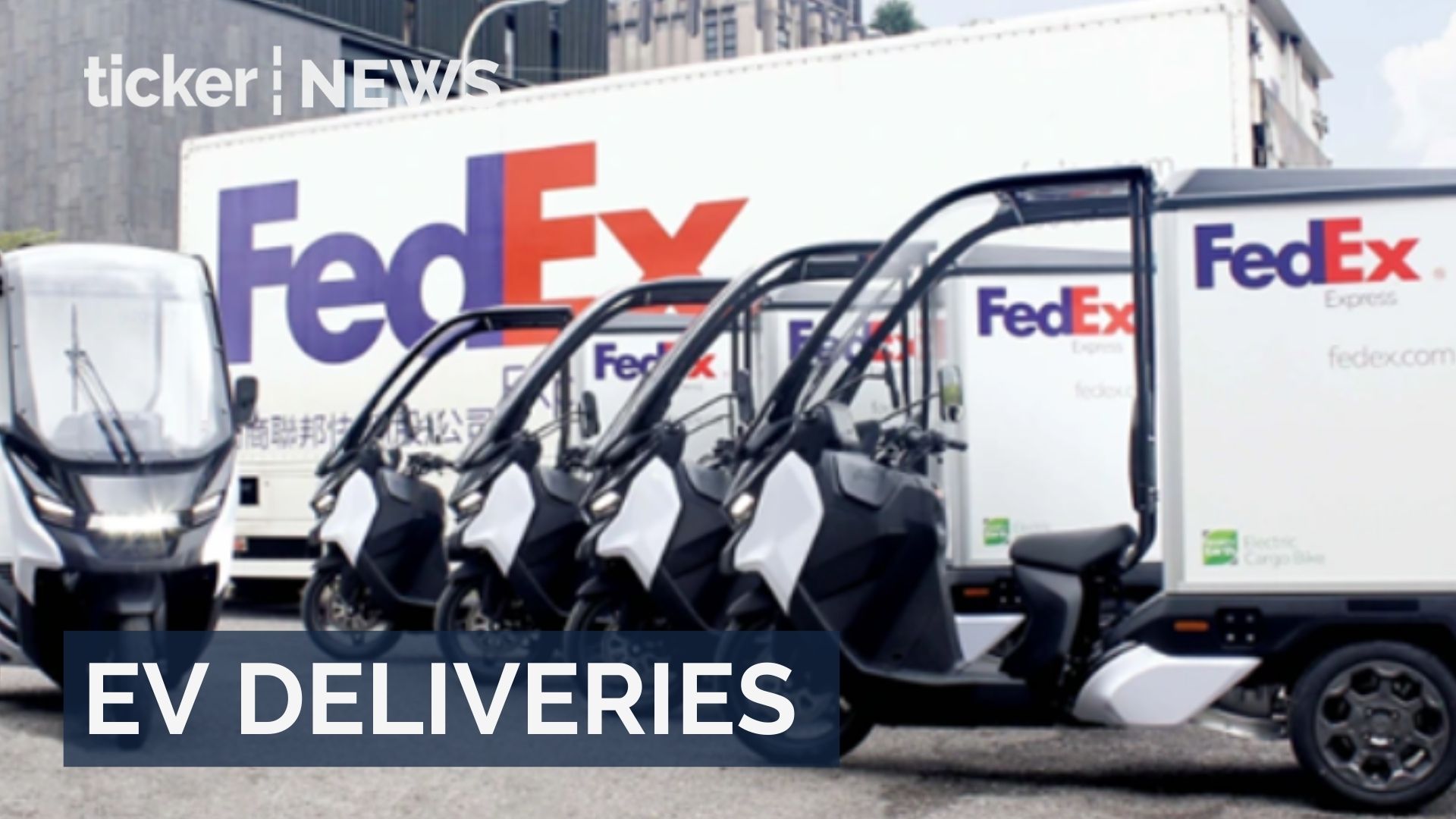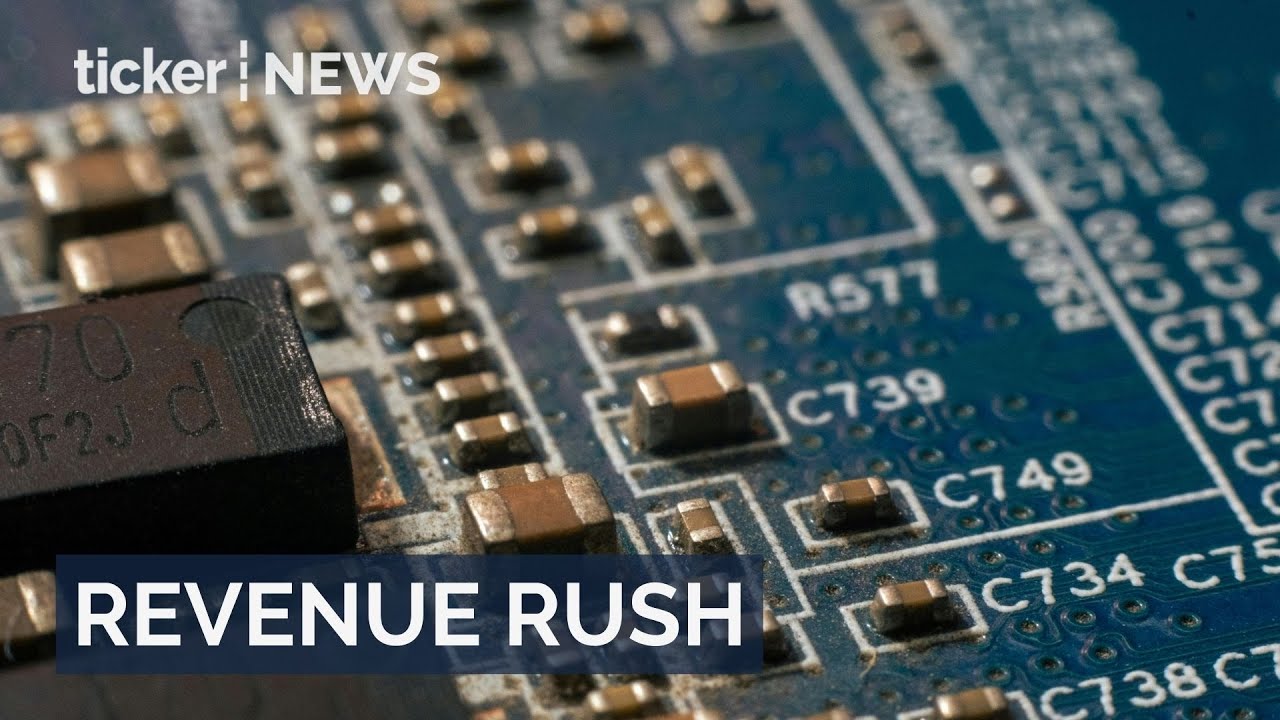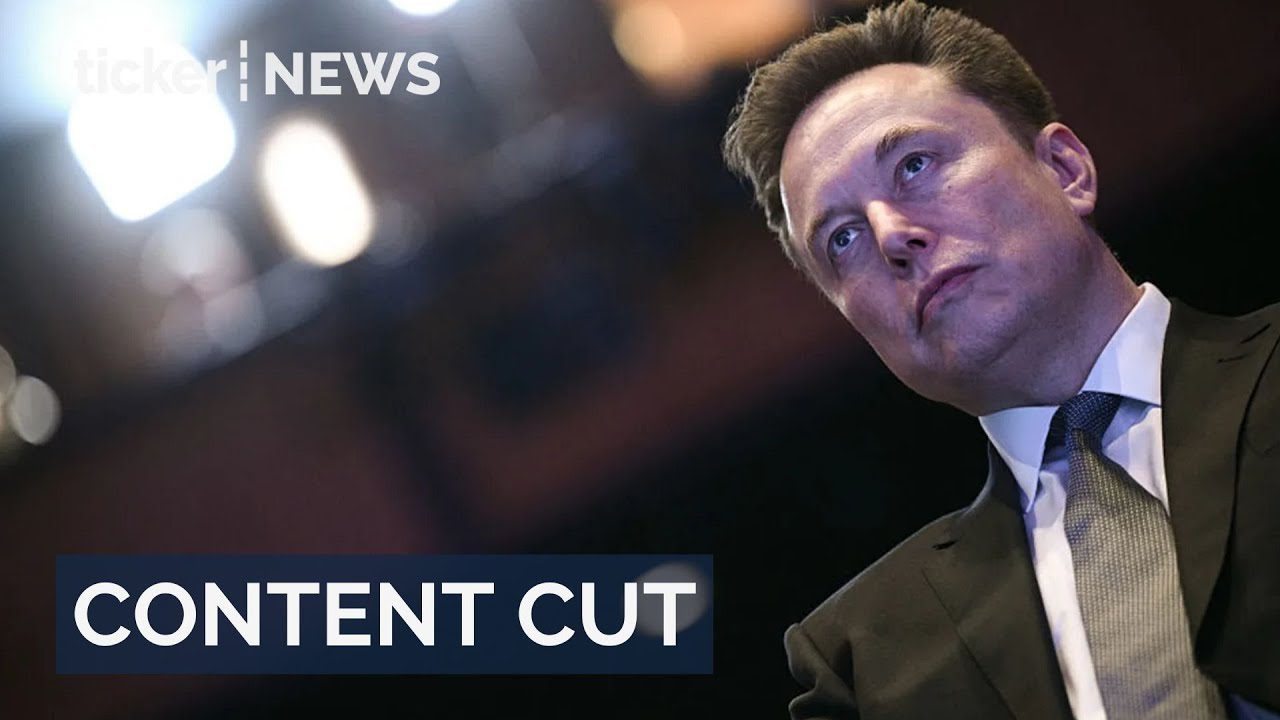Tech
FedEx Australia expands electric vehicle fleet for sustainability
FedEx Australia to introduce 55 electric vehicles, joining industry shift towards sustainable deliveries in major cities

Tech
AI spending in 2026: Why investment is compounding, not just cyclical
As 2026 begins, AI investment debates rise; real revenue growth signals pivotal changes for tech adoption and future trends.
Tech
TSMC posts record profits on AI chip boom
TSMC posts record Q4 profit, driven by strong chip demand, exceeding predictions and signaling market dominance.
Tech
X restricts Grok AI as global backlash grows
X restricts Grok AI from creating sexualized images amid global backlash and regulatory concerns, aligning with UK guidelines.
-



 Ticker Views2 days ago
Ticker Views2 days agoDOJ to charge Don Lemon under historic KKK Act
-



 Money3 days ago
Money3 days agoMarkets edge higher as 10-year yields hit new highs
-



 News2 days ago
News2 days agoOpenAI prepares first consumer device amid revenue boom
-



 News3 days ago
News3 days agoEU condemns Trump’s Greenland tariff threats: Trade tensions escalate
-



 News3 days ago
News3 days agoNASA’s Artemis II launch: Argentina joins first crewed moon mission in 50 years
-



 Politics3 days ago
Politics3 days agoSupreme Court tariffs and Albanese approval drop: What you need to know
-



 Ticker Views3 days ago
Ticker Views3 days agoWhy traditional flood warnings keep failing
-



 News3 days ago
News3 days agoIran warns U.S. retaliation as protest death toll soars — executions feared, nationwide unrest









